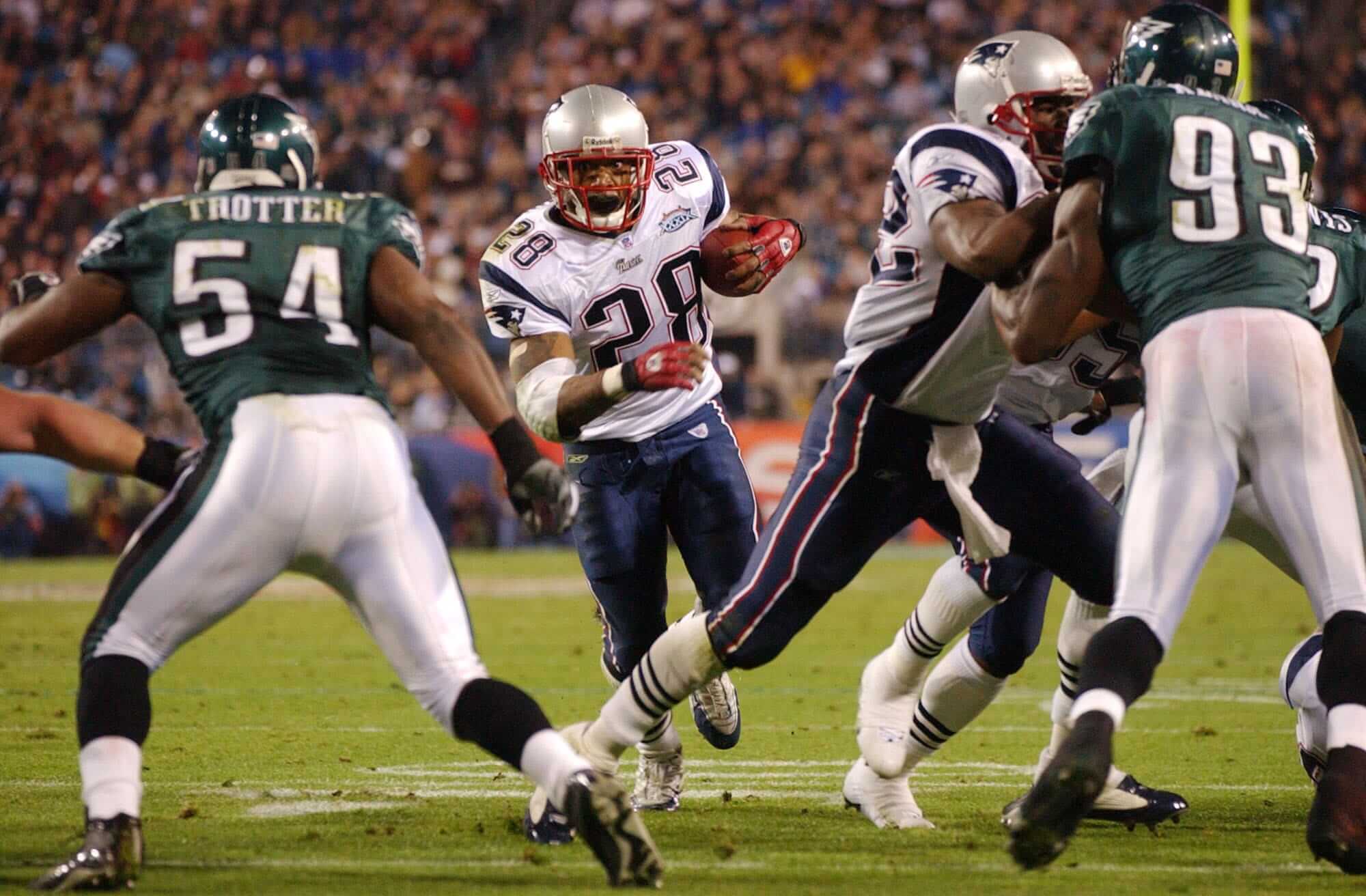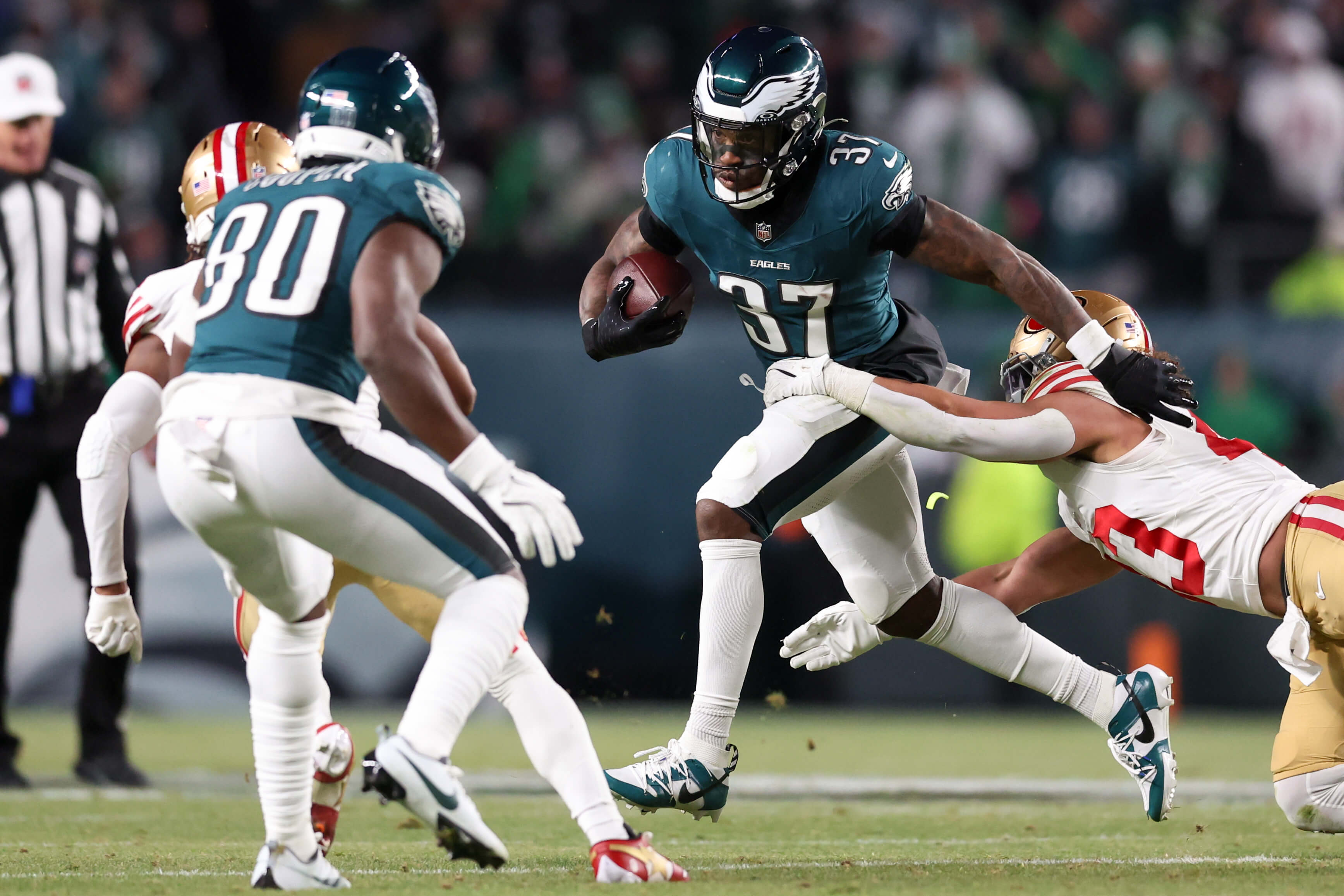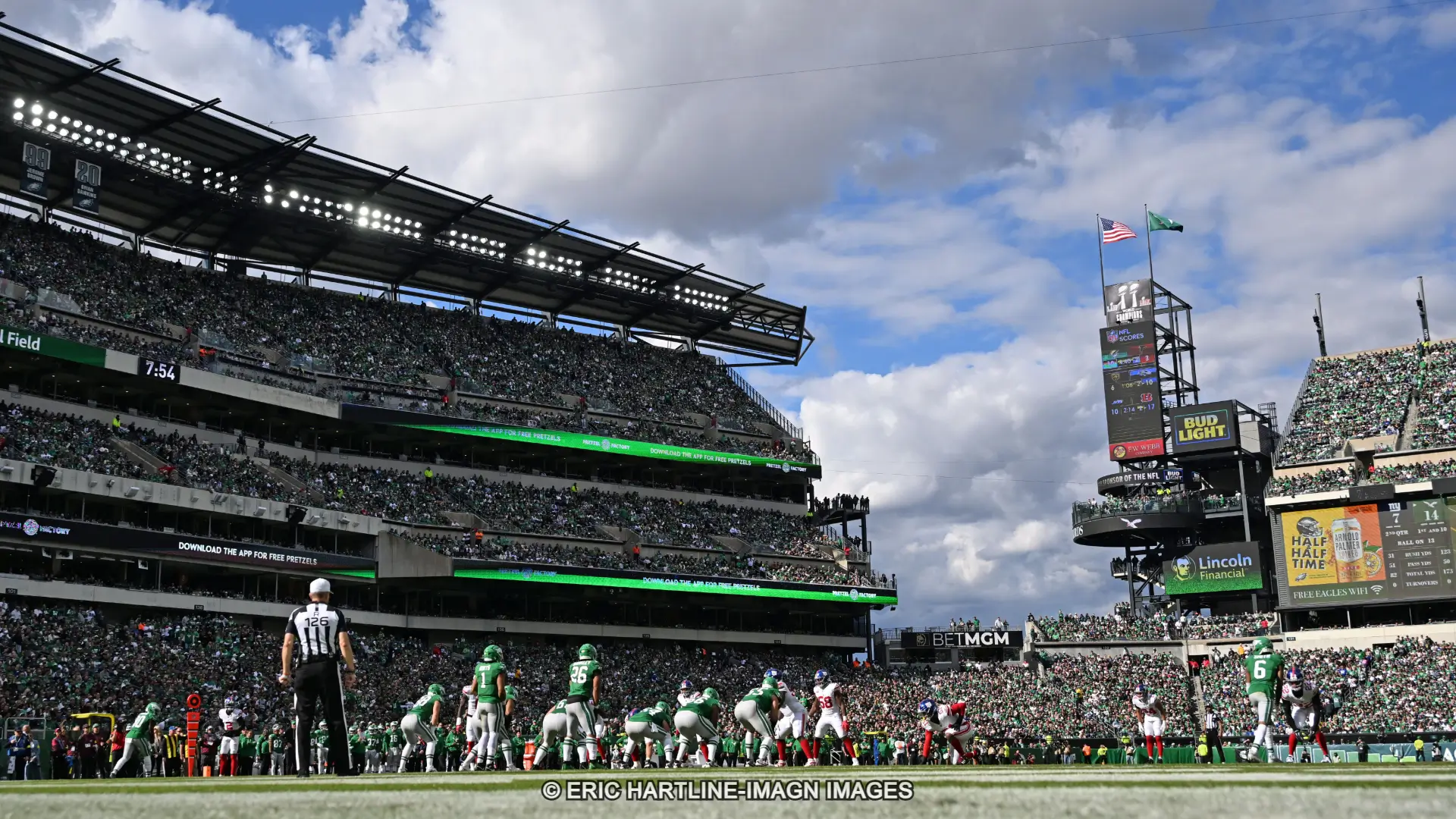Many Pennsylvania sports betting customers are understandably wondering what the impact will be on the sports betting app that has been Barstool Sports now that Penn Entertainment has shed its Barstool association.
In a seismic move in the online gambling world, announced Aug. 8, Penn Entertainment’s new sportsbook partner is ESPN and ESPN Enterprises. The online sportsbook operation associated with the partnership will be branded as ESPN Bet. The dowry Penn is paying is estimated to be worth about $2 billion (in cash and warrants) over 10 years. Such is the price of a marriage to Disney-owned ESPN.
The dissolution of the Penn-Barstool association is being referred to as a divestiture, which involves Penn selling back Barstool to David Portnoy, that company’s founder. Portnoy has drawn criticism for his aggressive approach to, well, many things.
The online rebranding to ESPN Bet PA (and carries that name in many other states) is set for this fall.
History of Penn-Barstool Alliance
The Penn-Barstool alliance was always an unusual one, and arguably an awkward one for a gaming company that’s constantly under the gaze of government regulators in many jurisdictions. Penn Entertainment is a company of Pennsylvania heritage. The headquarters are still in Wyomissing, about 65 miles northwest of Philadelphia, near the Reading outlets.
Penn’s corporate journey was a decades-long incremental climb from local horse tracks to casinos.
Barstool was an entirely different business animal, born of the aggressive vision of Portnoy. He cobbled together an irreverent digital sports media platform patronized by a legion of followers who were presumably proud, in some cases, to call themselves “Stoolies.”
Penn purchased Barstool, including its PA sportsbook apps brand, in stages for millions and millions of dollars; the deal was fully closed this year. What Penn received, in essence, was Barstool’s Rolodex. The term “Rolodex" is used loosely in reference to Barstool’s loyal following. The interaction between the two companies was a financially expedient way for Penn to acquire potential gambling customers. Player acquisition is one of the costliest expenditures in the online sports betting business.
To be clear, Barstool has been primarily a media company. Penn is a gambling company.
Barstool Brand Easy To Find
But for many average customers, “Barstool” was the brand. For instance, walk into Penn National’s Hollywood Casino near Harrisburg, search out the sportsbook and you’re faced with Barstool branding. The same is true of the Hollywood Casino in Perryville, Maryland. And at the Hollywood Casino in Lawrenceburg, Indiana, and the one in Kansas City, Kansas.
You get the point.
And the same was true with the online experience, including for those using PA sportsbook promo codes.
Now, Penn Entertainment, which has had to dance around Portnoy’s notoriety in its earnings calls, is rid of such a nuisance.
Penn CEO Spells Out Roles
Penn CEO Jay Snowden’s quote about the marriage with ESPN makes clear who has what roles in the union.
“ESPN Bet will be deeply integrated with ESPN’s broad editorial, content, digital and linear product, and sports programming ecosystem,” Snowden said in a news release. “ESPN Bet will also benefit from PENN’s operational experience, extensive market access and proprietary technology platform, which successfully debuted in the U.S. this July.”
Indeed, it is Penn Entertainment’s “proprietary technological platform” that the company brings to the table (including its PA casino apps experience, which we’ll touch on later).
Will the average sports gambling customer see any changes? Of course, they will over time. What ESPN brings to this table is content, star power and the increased ability to integrate live action into the wagering environment over time.
Such questions are yet to be answered if ESPN has ambitions of weaving the content it acquires through licensing agreements with professional sports leagues into usage on a sports gambling platform.
In the meantime, what might be most obvious to online betting customers going to Penn Entertainment online sportsbook website is a change in the branding featuring ESPN Bet. After all, it’s costing Penn $2 billion so that ESPN brand should be fairly prominent.
What Deal Means For PA Online Casinos
Penn Entertainment doesn’t have just an online sports gambling platform in the Keystone State, it also has a Pennsylvania online casinos platform. In fact, Penn Entertainment’s Hollywood Casino at Penn National Race Course’s iGaming platform is the dominant iCasino in the state.
The rebranding for iGaming will include a separate Hollywood-branded iCasino product in those states where permitted, according to Penn’s news release.
In Pennsylvania, for Fiscal Year 2022/23, the Penn Entertainment platform had almost $648.2 million in revenue. That was more than 42% of the statewide total of $1.53 billion with 10 competitors.
The Barstool online casino PA app officially launched on May 5, 2021.
For iGaming customers in Pennsylvania, it might be business as usual except for some different digital signage.
As Penn bids adieu to Barstool, this comment from Penn CEO Snowden summed it up: “The divestiture allows Barstool to return to its roots of providing unique and authentic content to its loyal audience without the restrictions associated with a publicly traded, licensed gaming company.”
Check out the best real money Pennsylvania casino promotions as well as the latest sports news at PennStakes.com.










